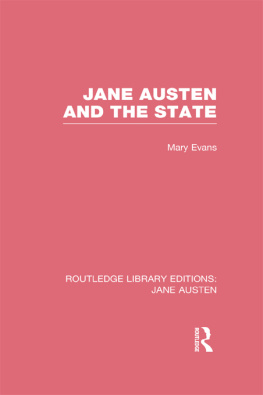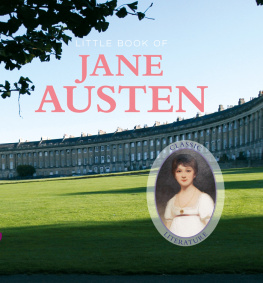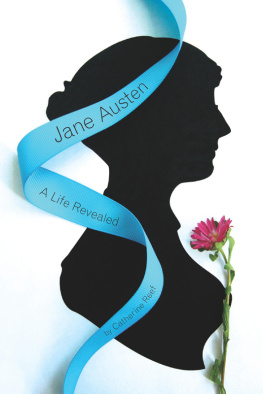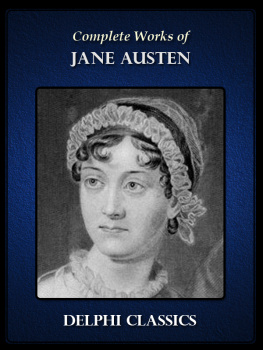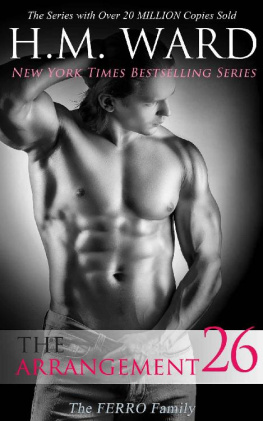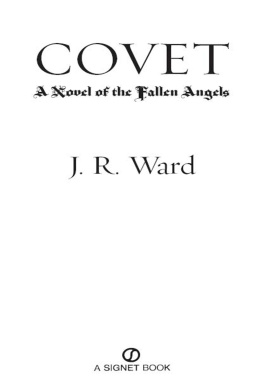Jane Ward - The Tragedy of Heterosexuality
Here you can read online Jane Ward - The Tragedy of Heterosexuality full text of the book (entire story) in english for free. Download pdf and epub, get meaning, cover and reviews about this ebook. publisher: NYU Press, genre: Romance novel. Description of the work, (preface) as well as reviews are available. Best literature library LitArk.com created for fans of good reading and offers a wide selection of genres:
Romance novel
Science fiction
Adventure
Detective
Science
History
Home and family
Prose
Art
Politics
Computer
Non-fiction
Religion
Business
Children
Humor
Choose a favorite category and find really read worthwhile books. Enjoy immersion in the world of imagination, feel the emotions of the characters or learn something new for yourself, make an fascinating discovery.

- Book:The Tragedy of Heterosexuality
- Author:
- Publisher:NYU Press
- Genre:
- Rating:4 / 5
- Favourites:Add to favourites
- Your mark:
- 80
- 1
- 2
- 3
- 4
- 5
The Tragedy of Heterosexuality: summary, description and annotation
We offer to read an annotation, description, summary or preface (depends on what the author of the book "The Tragedy of Heterosexuality" wrote himself). If you haven't found the necessary information about the book — write in the comments, we will try to find it.
The Tragedy of Heterosexuality — read online for free the complete book (whole text) full work
Below is the text of the book, divided by pages. System saving the place of the last page read, allows you to conveniently read the book "The Tragedy of Heterosexuality" online for free, without having to search again every time where you left off. Put a bookmark, and you can go to the page where you finished reading at any time.
Font size:
Interval:
Bookmark:
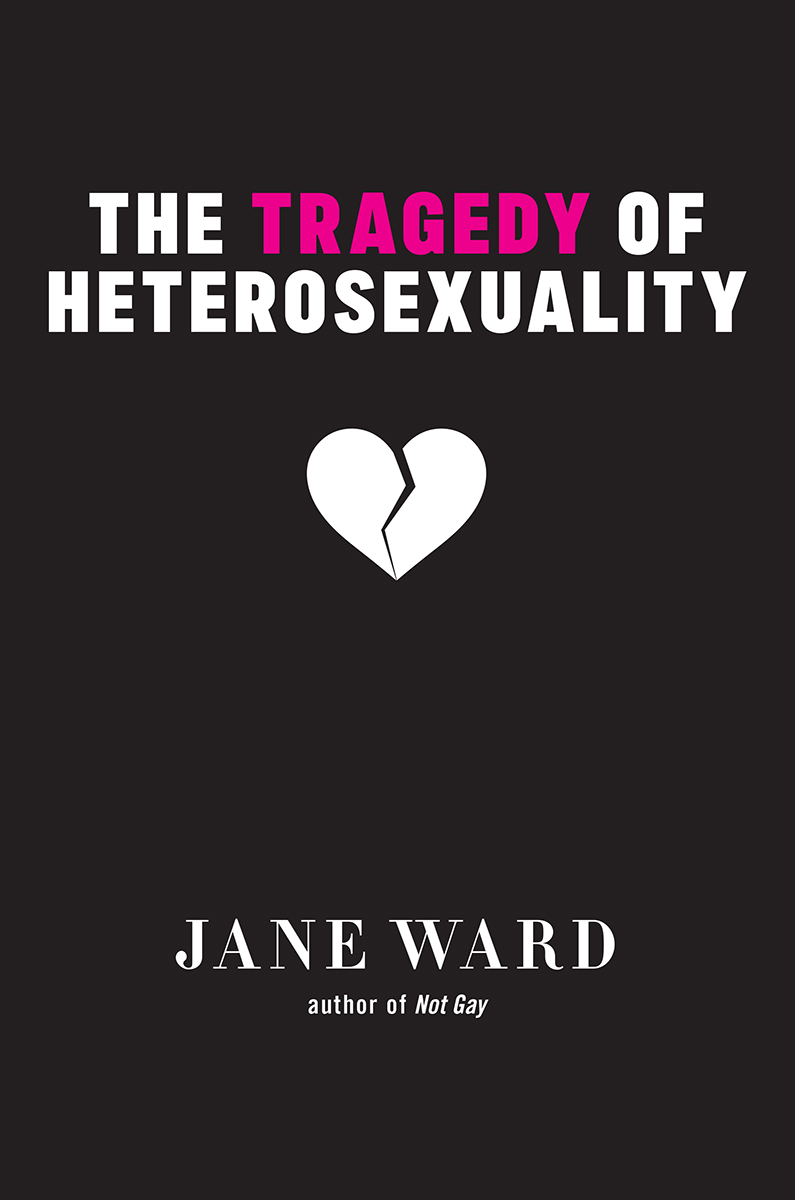
Jane Ward

NEW YORK UNIVERSITY PRESS
New York
NEW YORK UNIVERSITY PRESS
New York
www.nyupress.org
2020 by New York University
All rights reserved
References to Internet websites (URLs) were accurate at the time of writing. Neither the author nor New York University Press is responsible for URLs that may have expired or changed since the manuscript was prepared.
Library of Congress Cataloging-in-Publication Data
Names: Ward, Elizabeth Jane, author.
Title: The tragedy of heterosexuality / Jane Ward.
Description: New York : New York University Press, [2020] | Series: Sexual cultures | Includes bibliographical references and index.
Identifiers: LCCN 2020004725 (print) | LCCN 2020004726 (ebook) | ISBN 9781479851553 (cloth ; alk. paper) | ISBN 9781479895069 (ebook) | ISBN 9781479892792 (ebook)
Subjects: LCSH: Heterosexuality. | Sexual minorities. | Feminist theory.
Classification: LCC HQ72.8 .W37 2020 (print) | LCC HQ72.8 (ebook) | DDC 306.76dc23
LC record available at https://lccn.loc.gov/2020004725
LC ebook record available at https://lccn.loc.gov/2020004726
New York University Press books are printed on acid-free paper, and their binding materials are chosen for strength and durability. We strive to use environmentally responsible suppliers and materials to the greatest extent possible in publishing our books.
Manufactured in the United States of America
10 9 8 7 6 5 4 3 2 1
Also available as an ebook
For straight women.
May you find a way to have
your sexual needs met
without suffering so much.
I AM WORRIED ABOUT STRAIGHT PEOPLE. A ND I AM NOT the only one. Queer people have been concerned about straight culture for decades, not only for our own sakebecause we fear homophobic violence or erasure of queer subculturebut also because straight cultures impact on straight women often elicits our confusion and distress. Erotically uninspired or coercive, given shape by the most predictable and punishing gender roles, emotionally scripted by decades of inane media and self-help projects, and outright illogical as a set of intimate relations anchored in a complaint-ridden swirl of desire and misogyny, straight culture for many queers is perplexing at best and repulsive at worst. And yet queer people often leave the issue alone because no matter how worrisome straight culture may appear to us, we know all too well the problems with denying people their erotic attachments or critiquing an entire populations sexual orientation.
Am I am being hyperbolic when I say I am worried about straight people? Granted, this is an unfamiliar way of thinking about heterosexuality for most straight, and many gay, people. Living under the weight of heteronormativity means that a lot of people have come to understand heterosexuality as the most instinctive and fulfilling form of sexual relating. We are subject, as children and adults, to an onslaught of institutions and media images that link basic human happiness and nearly all significant rites of passage to heterosexual desire and coupling. And, as many queer people will attest, it can be very difficultdepressing, shameful, lonely, frightening, vulnerable, violent, and traumaticto be lesbian, gay, or bisexual. Many queers have wished to be straight, and many have come to the conclusion that the undeniable easiness of heterosexuality relative to queerness is evidence of the idea that no one chooses to be queerwhat rational person would choose a life of antigay oppression? Through the lens of queer suffering, it seems almost ludicrous to feel concern for straight people, at least not on account of their straightness. For straight people experiencing other violent and dehumanizing forms of oppressionpoverty, white supremacy, patriarchy, ableism, religious discriminationstraightness offers a degree of respectability and privilege. As the African American feminist and activist Barbara Smith explained in 1979, Heterosexual privilege is usually the only privilege that Black women have.... Maintaining straightness is our last resort. Straightness is a means through which people can access some (unearned) cultural and institutional rewards vis--vis the marginalization of their queer counterparts. Straightness ameliorates other forms of suffering and creates an easier life. So if being straight makes life easier, why on earth would queer people spend any time feeling worry or sympathy about the effects of straight culture on straight peoples lives and relationships?
This book argues that the basic premise of this questionthat heterosexuality is easier than queernessrequires renewed investigation. For instance, if we were to take this premise to the contemporary lesbian feminist Sara Ahmed, we would be encouraged to consider that one of the ways heteronormativity sustains itself is by telling and retelling a story about how heterosexuality makes people happy, while queerness produces difficulty and suffering. This story about queer suffering under the force of heteronormativity is true; but it is also only a sliver of the story about queerness, and it is one that masks not only queer joy and pleasure but also queer relief not to be straight. The story about the benefits of heterosexuality is also one with wildly differing levels of truthfulness, or explanatory power, once subjected to an intersectional analysis. The late lesbian feminist poet and theorist Adrienne Rich contended that while being straight was largely beneficial for men, the same was not always true for women, for whom the institution of heterosexuality had been a site of violence, control, diminishment, and disappointment. Similarly, straight Black feminists, from Michelle Wallace to Brittney Cooper, have long raised questions about the gap between the promises of heteronormativity and the realities of Black womens relationships with men. Straight Black men benefit considerably from straight relationships, while, as Cooper explains, the privileges of straightness [have] eluded me and a whole generation of overachieving Black women. Perhaps most urgently, an important indicator of the relatively negligible value of heterosexuality for many women is the fact that their sexual relationships with men have been maintained by force, both through cultural propaganda targeting girls and women and more directly through sexual assault, incest, compulsory marriage, economic dependence, control of children, and domestic violence. This book will provide ample evidence of these dynamics. The question, then, is, Is heterosexuality optimal for women when it requires so much coercion?
Gay men, especially white gay men, are often the greatest defenders of the narrative about queer suffering, probably because they have more power and privilege to lose as a result of inhabiting a nonnormative sexual orientation (and sometimes a nonnormative gender). Relatedly, gay men are also more likely than lesbians to embrace biological theories of sexual orientation and the corresponding claim that people are only gay because they have no choice in the matter. These perspectives have drowned out lesbian feminist discussions about erotic agency and the appeal of queer joy, and they have prevented us from investigating the various ways that a woman might respond when, to use Coopers phrase, the privileges of straightness elude her. It is my belief that gay mens persistent ownership of the meaning and origins of queerness, along with many gay mens lack of concern about the lives of women, has made it difficult to shift our attention away from what is sad about being gay to what is even sadder about being straight. My aim is to show that when we hold the relationship between misogyny and heterosexuality in full view, we are able to see beyond the male-centric claim that queerness constitutes a tragic and unwilled loss of power, a loss that no one would ever choose (even as it brings sexual pleasure and fosters the pride of the oppressed). Still today, misogyny is rarely ever meaningfully scrutinized in mainstream gay-rights discourse, so the reasonable suggestion that women stand to gain more than they lose by extracting themselves from heterosexual culture and cultivating queerness has become nearly impossible to hear amid the born-this-way chorus. For all of these reasons, I am of the mind that lesbian feminist critiques of heterosexuality, now sometimes dismissed as outdated, have renewed relevance and urgency.
Next pageFont size:
Interval:
Bookmark:
Similar books «The Tragedy of Heterosexuality»
Look at similar books to The Tragedy of Heterosexuality. We have selected literature similar in name and meaning in the hope of providing readers with more options to find new, interesting, not yet read works.
Discussion, reviews of the book The Tragedy of Heterosexuality and just readers' own opinions. Leave your comments, write what you think about the work, its meaning or the main characters. Specify what exactly you liked and what you didn't like, and why you think so.


